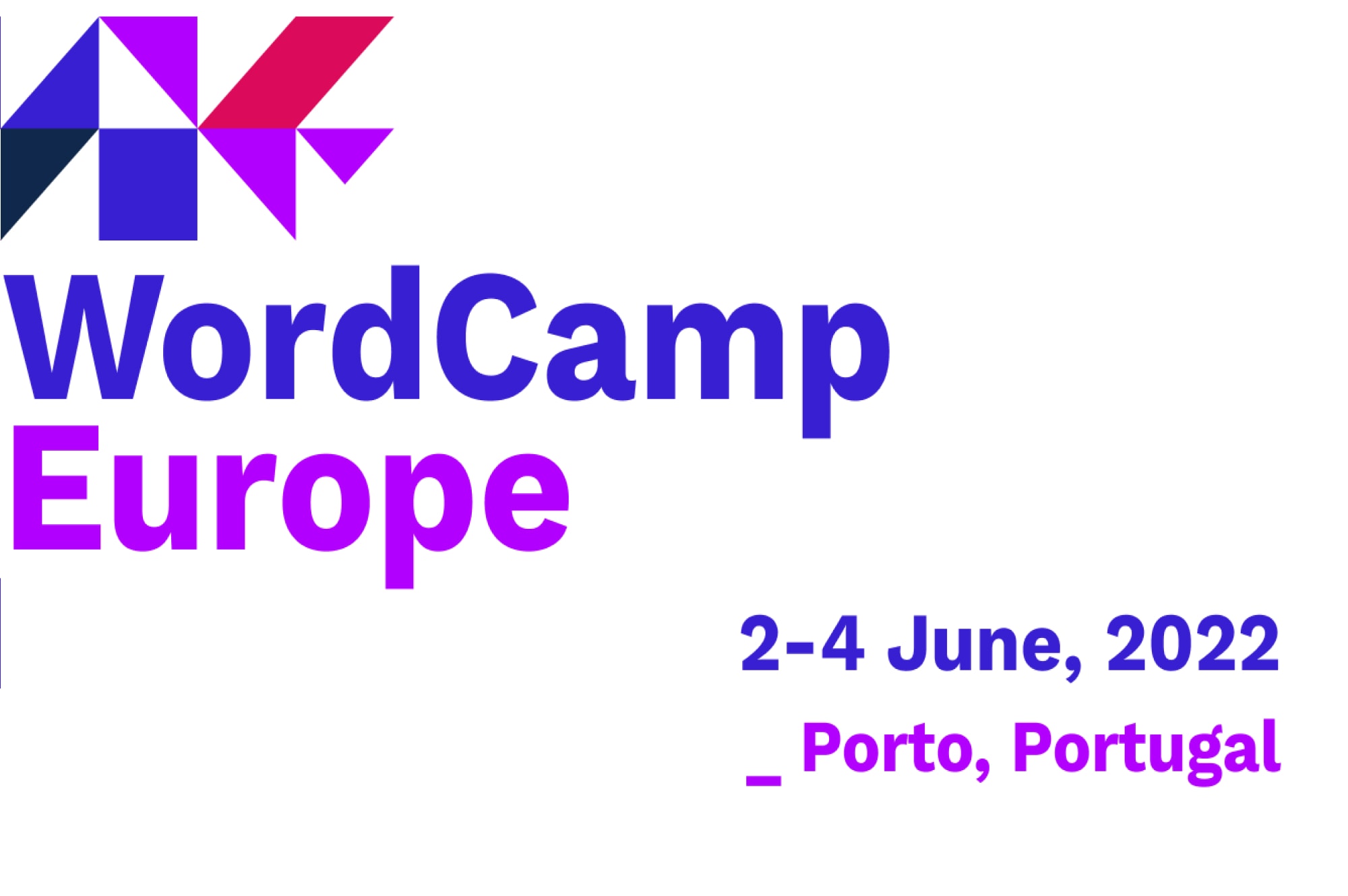
Finally, after two years, the time has arrived for the entire WordPress community to come together for the biggest in-person conference.
The jubilee 10th edition of WordCamp Europe was hosted at the Super Bock Arena (Pavilhao Rosa Mota) in Porto, Portugal.
Between 2000 and 3000 participants visited, all eager to be in the same place after such a long period, resulting in an overflow of energy and excitement unseen in years.

On the first day over 800 contributors gathered, making it the largest contributor day in WordPress history.
Contributor Day gave us the opportunity to learn how to collaborate with the growth and improvement of WordPress and its user community. It is a way of giving back to the WordPress world what it has given us.
During that day every event attendee could freely join a selected team of 18 specialized teams such as Core, Design, Hosting, Marketing, Plugins, Themes, etc.
It was a very productive day, and we hope we had at least lukewarmly contributed to the improvement of WordPress.
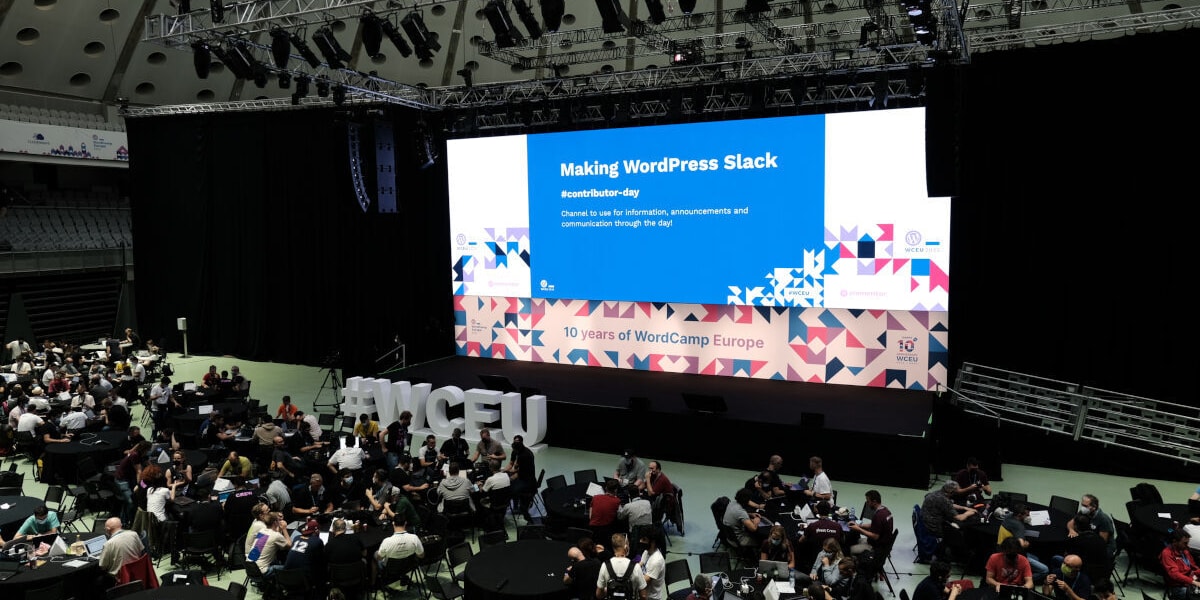
This year’s event included 26 speeches and 18 workshops and it ended with a Q&A with Matt Mullenweg, the creator of WordPress, and Josepha Haden Chomphosy, the Executive Director of the WordPress project.
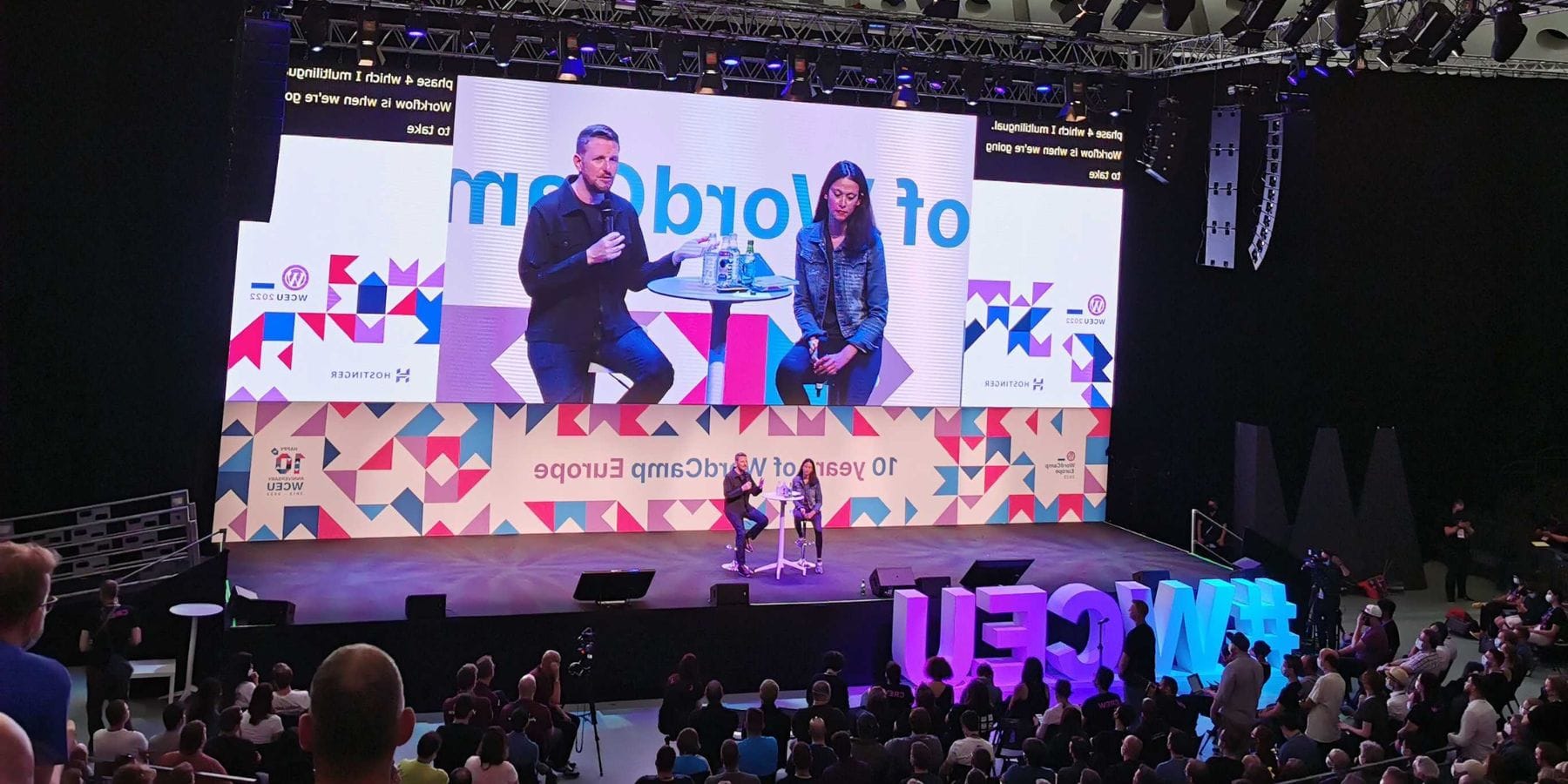
Over the course of three days, we had the opportunity to attend workshops and talks covering a broad variety of topics, including ecommerce, accessibility, site performance, Gutenberg blocks, content and much more.
We all had chosen different talks, so we split up around the arena to find the lectures of our interest.
For this article we’ve picked some of the presentations that we’ve liked the most, and summarized their most important insights.
Richard Midson had interesting analysis about the current popularity of podcasting. Podcasts are popular because they are entertaining. Listeners trust the presenters and the ads they provide more than any other medium. The average weekly listening time is over 5 hours.
Podcasting is becoming increasingly popular around the world as data becomes more easily accessible and software and tools for creating podcasts become more user-friendly.
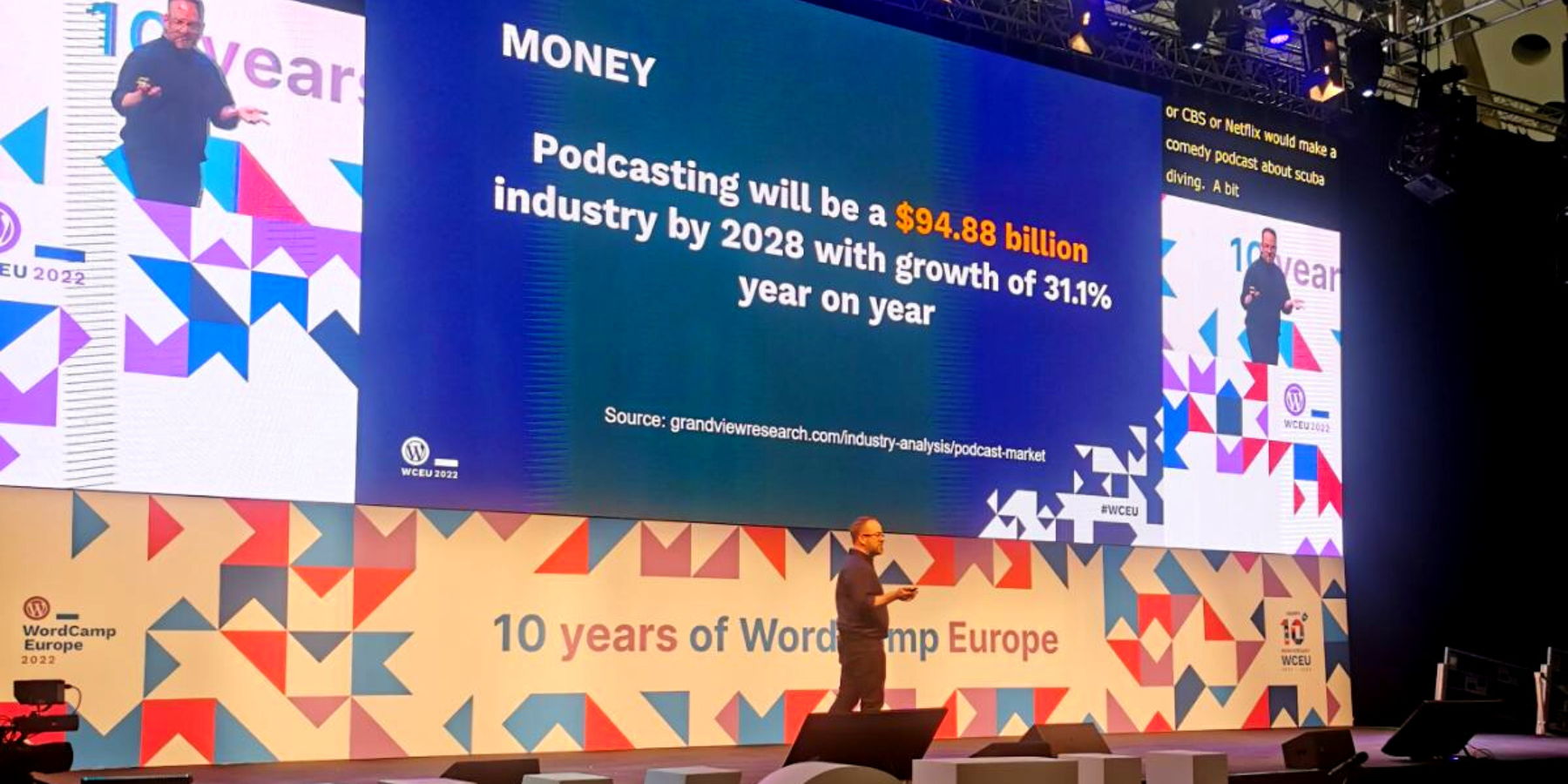
In her talk, Maja Benke depicted the difficulties that dyslexic people encounter when they are surfing the web. This talk was eye-opening considering the fact that we know so little about these obstacles, and it helped in getting inspiration for how we can make our website more approachable.
What was more impressive is the fact that Maja talked from her own experience since she is dyslexic herself, so her tips about making more accessible websites were significantly helpful. She provided an insight into tools that can be used while creating a page as well as design adaptations that will make the website accessible to everyone.
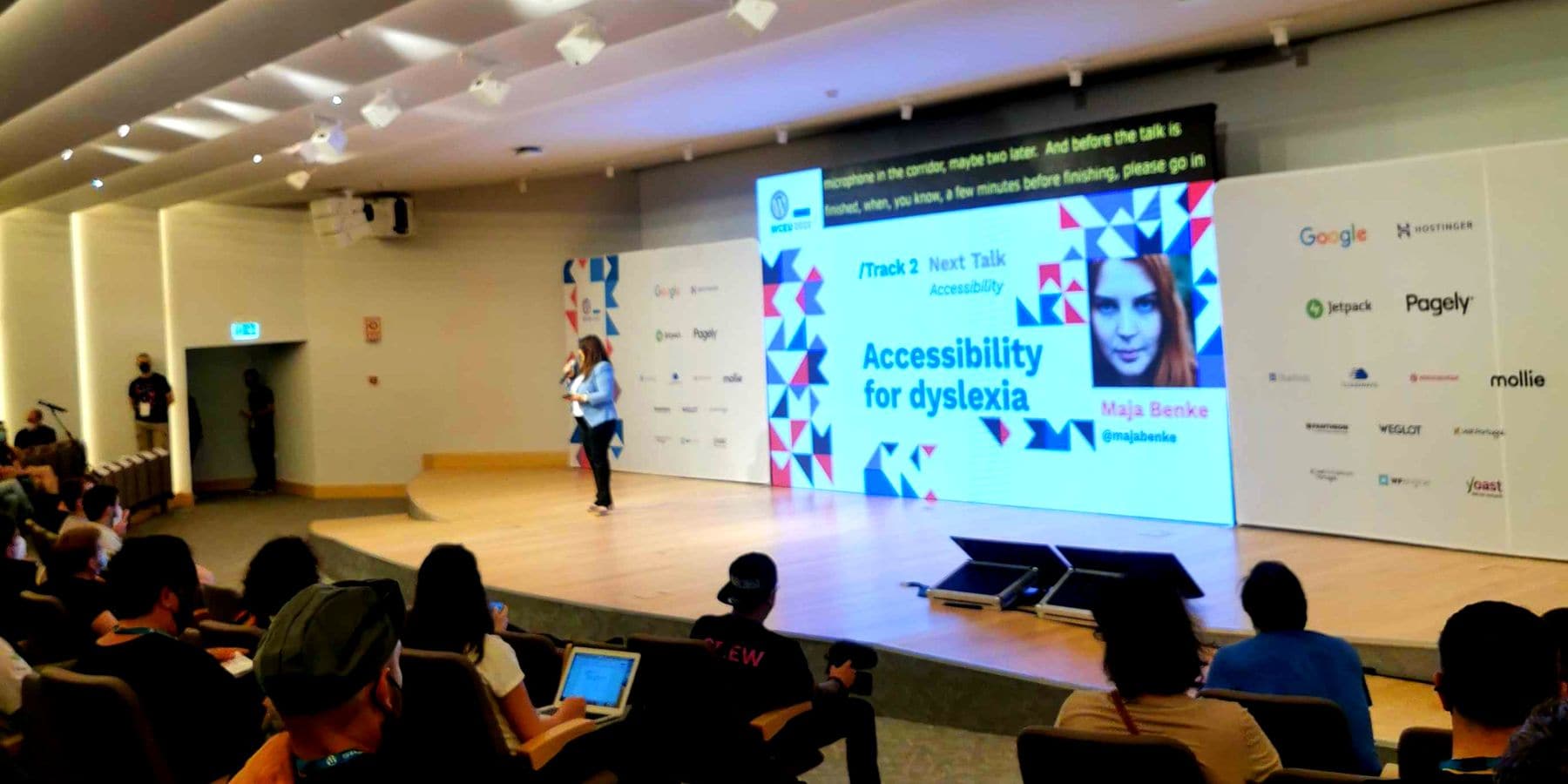
In this workshop the focus was on the paint metrics, that have the biggest impact with the minimum of effort. We’ve worked together to enhance these critical metrics, get our sites up and running faster, and detect and correct common problem patterns.
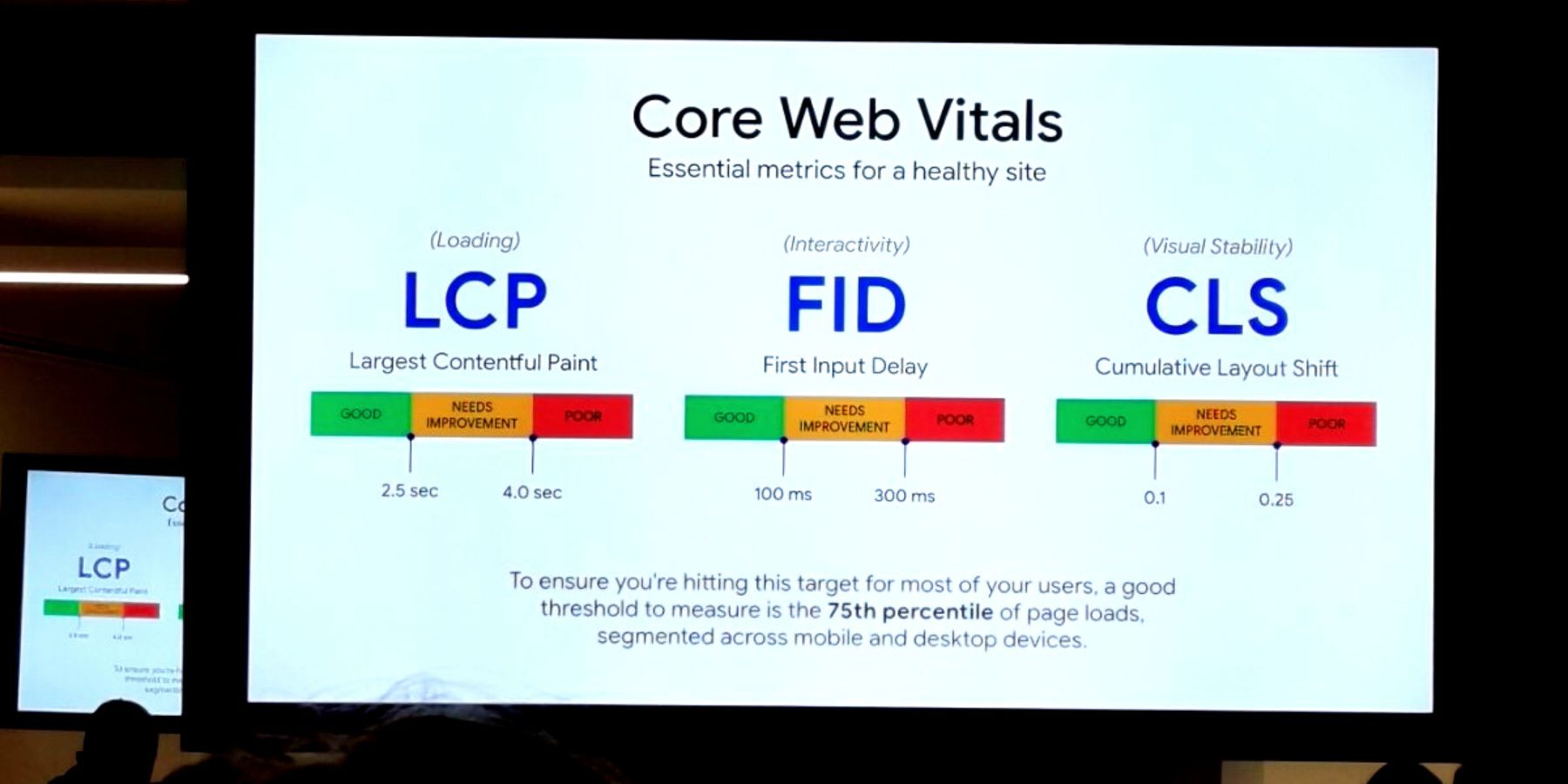
Here we listened about the difference between “content personas” “buyer personas” “user personas” and how the concept is the same but also different when creating personas for the users of our content. They can be decision-makers, a user who needs to be convinced to use our product or services, it can be influencers and etc.
We also got a template at the end that can be useful for our future projects.

As an Optometry and Vision Sciences specialist, Vicent Sanchis explained what contrast is, what is wrong with the present standard, and how the new edition will address these issues. After this talk we are ready to adjust our WordPress site to the new color contrast standard after this session.
The talk about how to be more profitable by putting people first, was very helpful, seeing an example of an unsuccessful company becoming very successful and known all over the world.
It was like having a coffee with a friend who is sharing his successful experience with you.
Jonathan talked about the importance of code reviews and why they play a crucial role before you push a particular code on the server. He pointed out the necessity of making code reviews because every developer has experienced difficulties after making some code changes without doing any review.
In addition, he provided techniques and tools that developers find useful when doing code reviews, which are convenient to make the review process easier and more accurate.
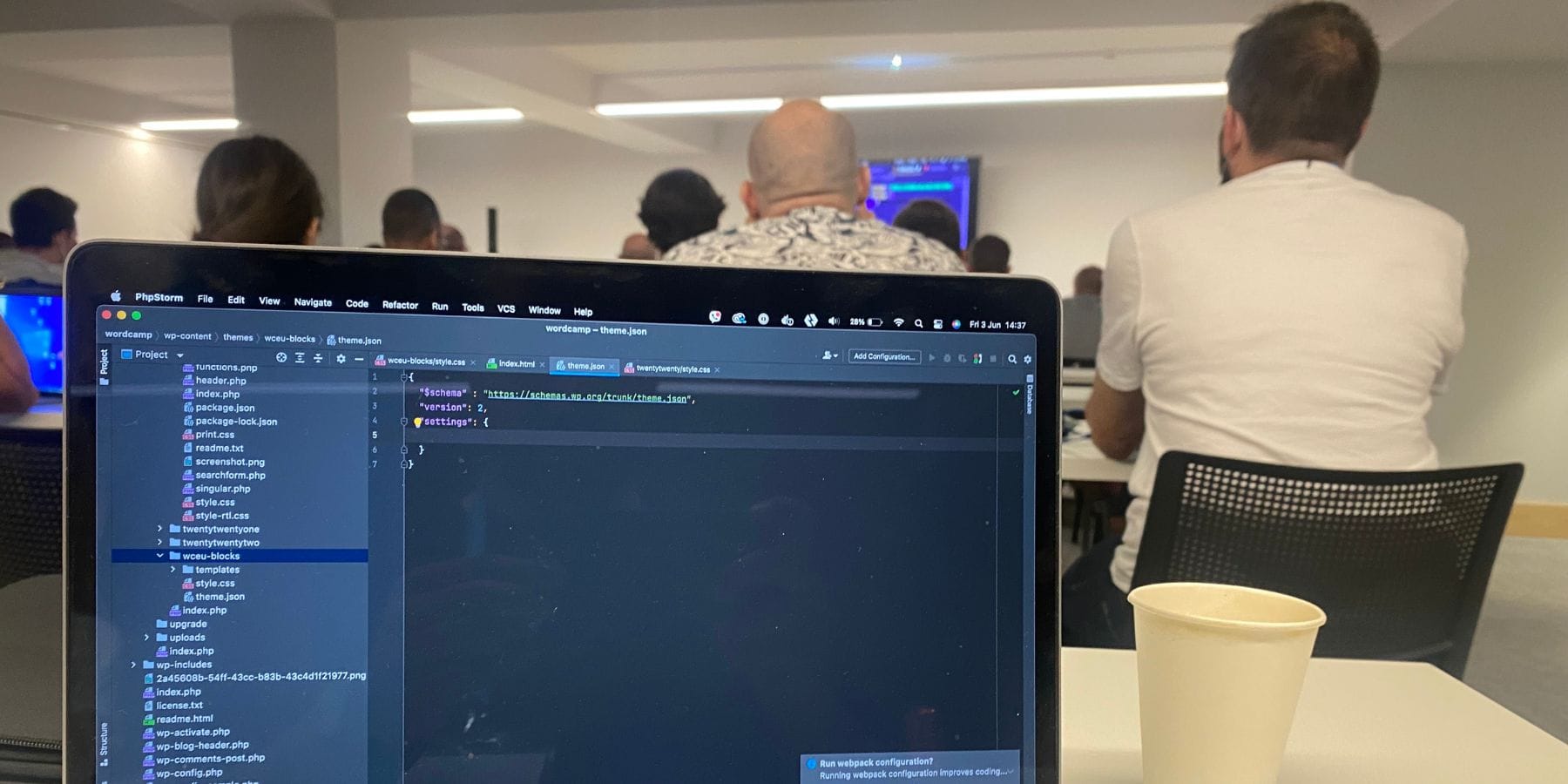
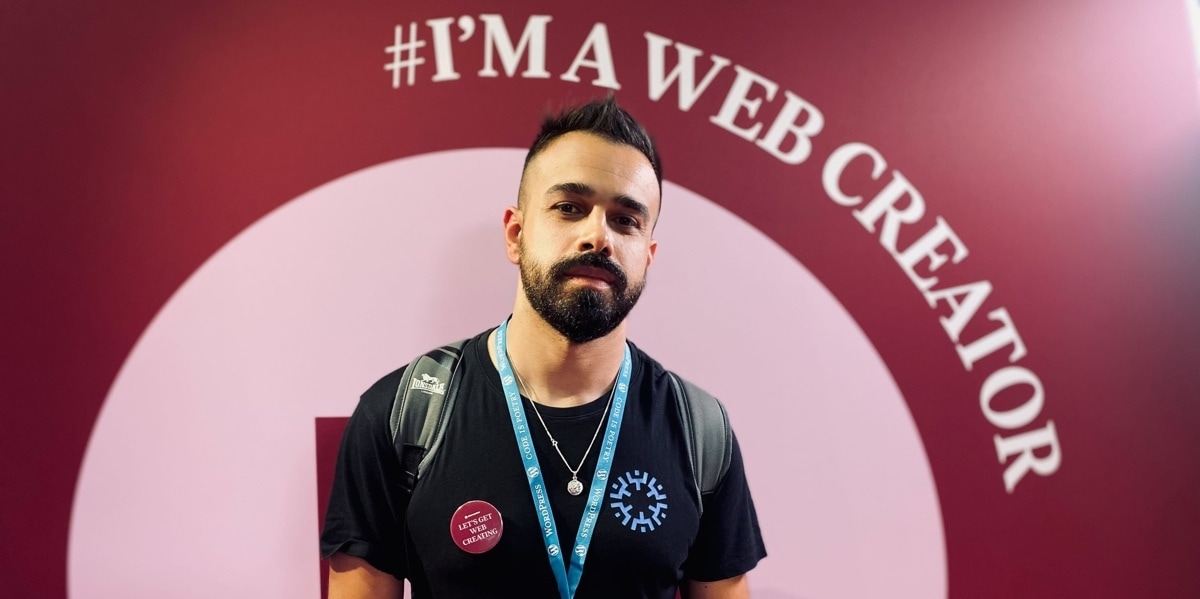
The WordCamp conference was not the only place where networking took place. Namely, we had the chance to meet so many people during the parties organized after the day activities.
We had the honor to be part of two private parties. Our hosts were WP Engine and WordPress VIP.
The locations of these exclusive after-parties – or as the Portuguese say – pós-festa were breathtaking. We’ve Enjoyed an evening with drinks, small bites, networking with WordPress professionals, and of course – festa.
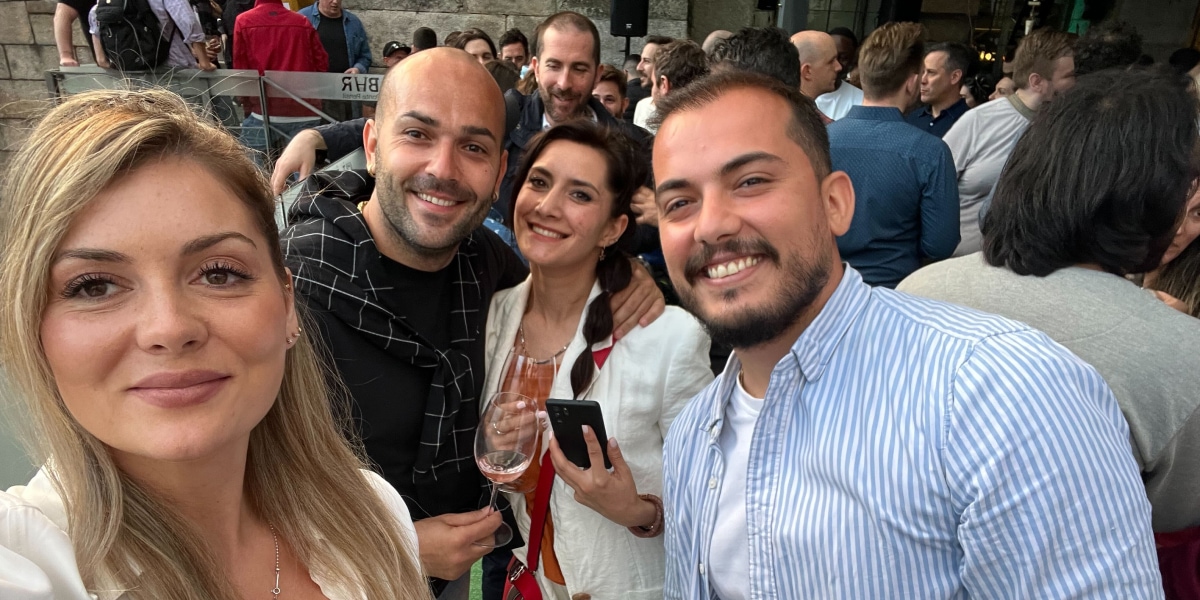
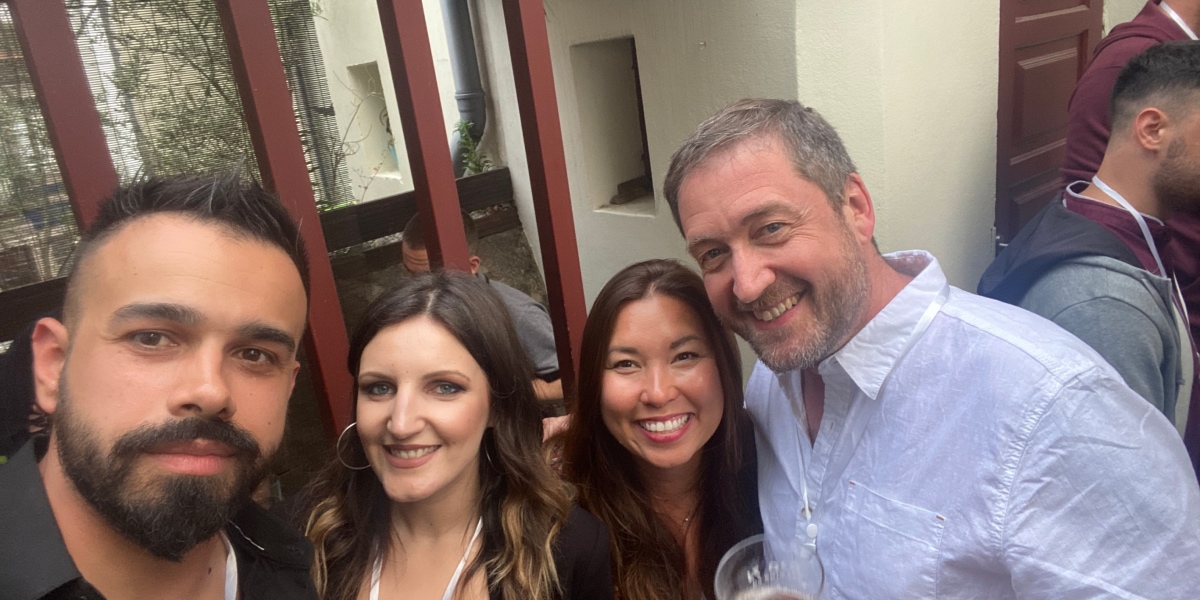
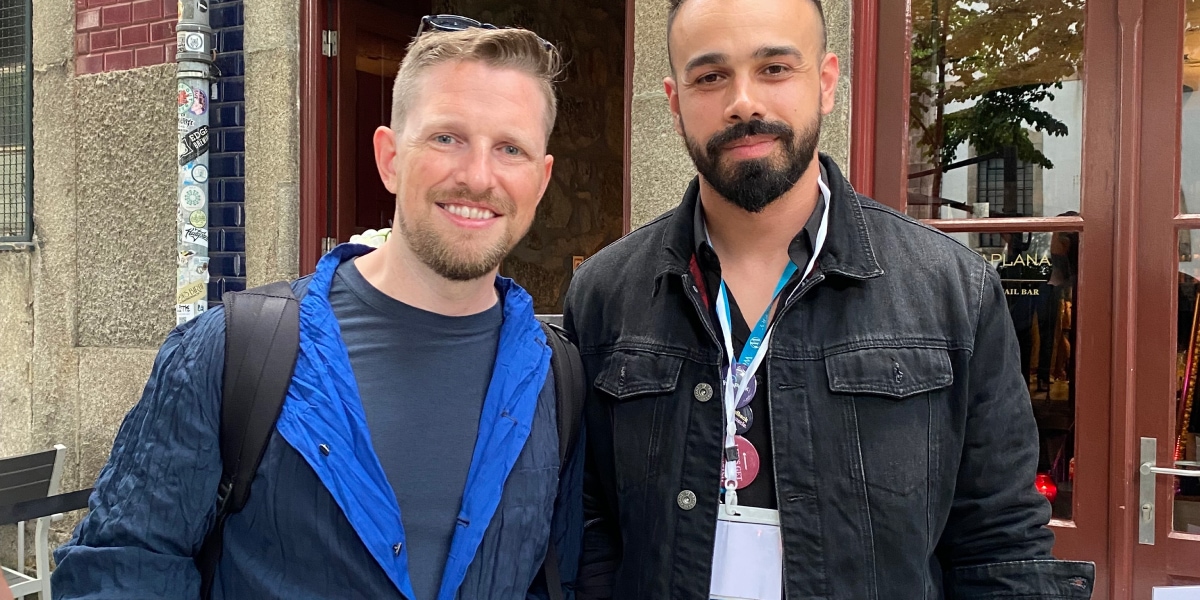
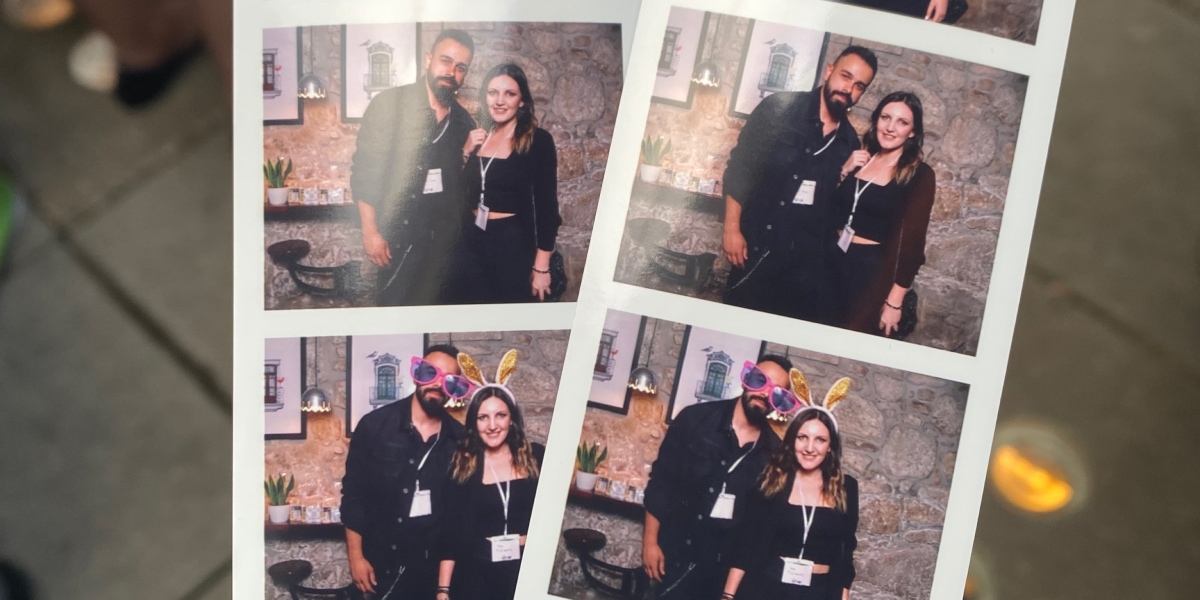
The main afterparty, in particular, was an extraordinary opportunity where we could exchange experiences in a more relaxed environment.
We ended up with a lot of connections as well as memories that will serve as an inspiration and possibility for further collaboration and improvement.
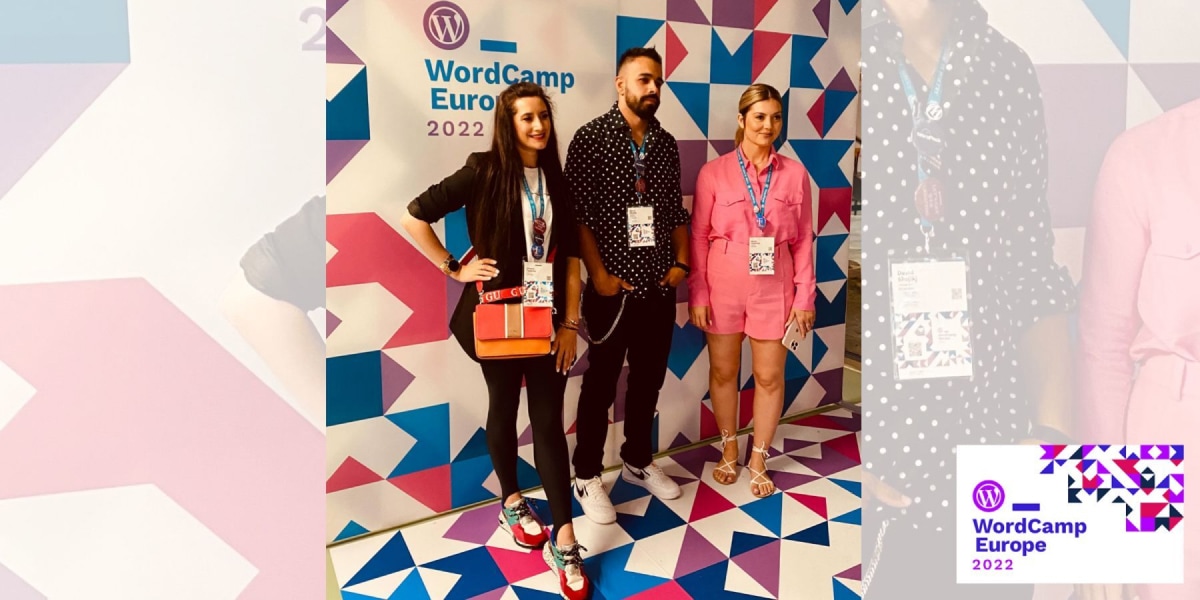
Thanks to organizers, volunteers, and everyone involved in putting together WordCamp Europe! See you all next year in Athens, Greece. #WCEU2023